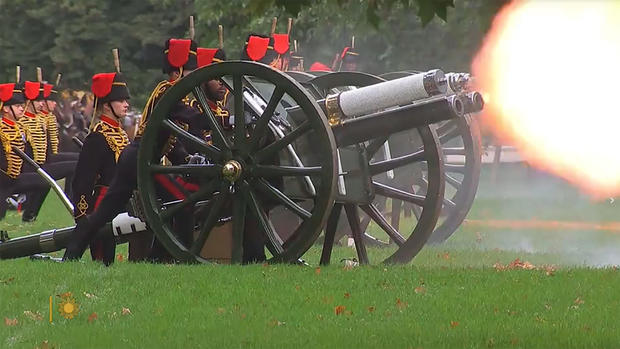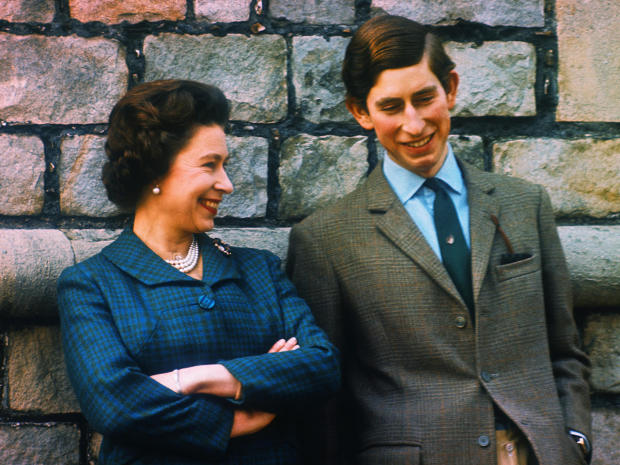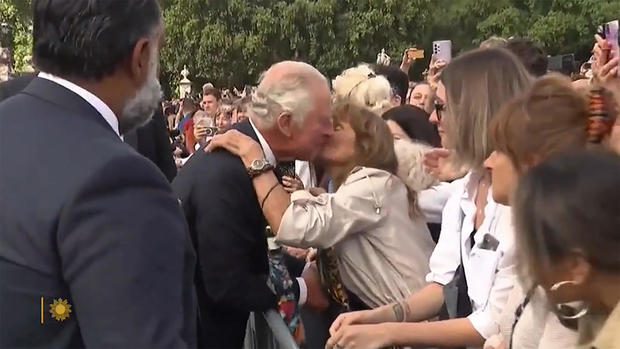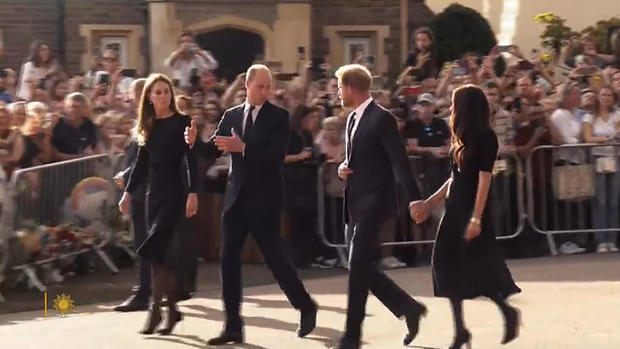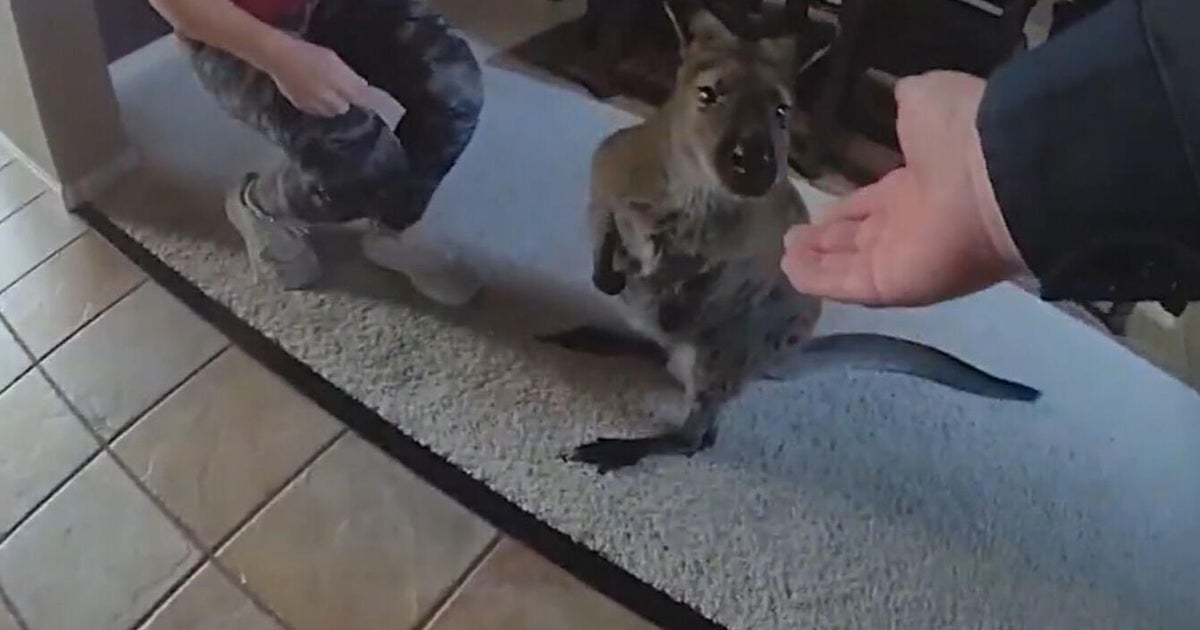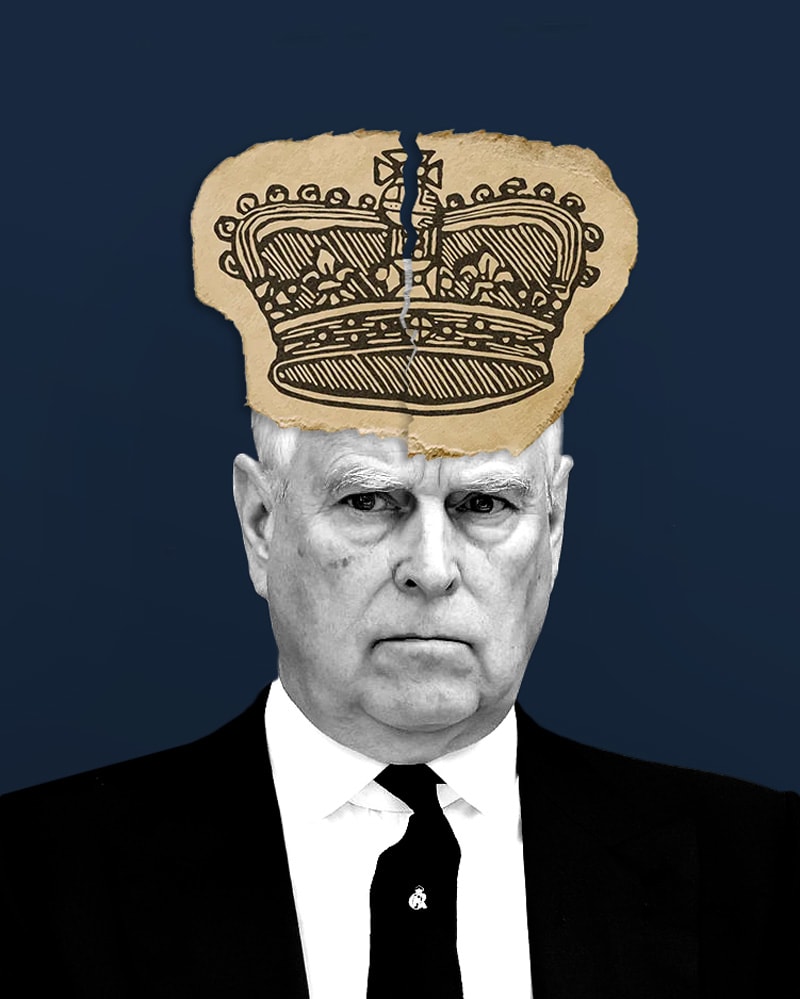Charles III: What changes might we see from Britain's new king?
From the moment of his birth, there was little mystery as to what life held in store for the then-infant prince, now King Charles III.
The announcer of a 1949 newsreel, in which Princess Elizabeth proudly presented "Prince Charlie" to the world, stated, "He was the first baby born to a British heir presumptive in a thousand years. This tiny, sneezing prince stands next in line of succession after his mother."
That sneeze may have been one of the few things in Charles' life that was unplanned.
He was always meant to have an orderly procession to where he finds himself now – even if it all took rather a long time, until this…
"Three cheers for the His Majesty the King! Hip hip, hurrah! Hip hip, hurrah! Hip hip, hurrah!"
Charles had what's been called the longest internship in history. In a ceremony held at St. James Palace Saturday in which he was formally proclaimed King, he said, "In taking up these responsibilities, I shall strive to follow the inspiring example I have been set."
Author Robert Hardman, whose latest book on the royals is "Queen of Our Times," said, "I think he's going to be the best-prepared king this country's ever had. After all, he was heir to the throne for longer than anyone else. I mean, the idea that you could be an apprentice in your 70s might seem a bit odd in any other job. But the fact is, he has been preparing for this for a very long time."
But in so far as British monarchs have any real power, Charles arrives with a severe handicap: he follows a very successful holder of that job – his mother.
Correspondent Mark Phillips asked historian Simon Schama, "Everyone's been talking about how she is going to be a hard act to follow. Is she an impossible act to follow?"
"In some ways, I think she is," Schama replied, "because she became so affectionately familiar for the vast majority of Britons, both somehow mystically distant and … touchy-feely would not be the right word to use about the Queen, but warm, essentially warm, sympathetic."
And Charles, Schama said, has had trouble with the sympathetic thing. "The kind of received wisdom about Charles, as he very endearingly says, is [he's] sometimes seen as an eccentric, really. He's too wrapped up in the passionate principles in which he believes to have this touch for ordinary people."
The Queen's early and frequent use of the crowd walk-about was one way of bringing her closer to the people. Well, the apprentice seems to have learned from the master. Charles' first act on returning to London was to work the rope-line. "He got out of the car and was very warmly received," Schama said.
Turns out, he's a natural – although it's doubtful this ever happened to his mother.
Schama said, "I think he got 'Lèse-majesté kiss' from someone. Well, actually, she said, 'Is it alright if I kiss you?' And he didn't hesitate. You actually can't imagine the Queen not hesitating. So, that is a good start, I think."
Phillips asked, "Is there a kind, though, of magical royal fairy dust that descends at times like this?"
"Yeah, you know, it's the thousand years of fairy dust."
But Charles has another problem. Unlike his mother, people know what he thinks – on modern architecture (he hates it), on global warming (where he was well ahead of the curve). In 2008 he said, "We cannot be anything less than courageous and revolutionary in our approach to attacking climate change."
Schama said, "You might say the fundamental problem of our moment of the 21st century is the fate of the Earth. And there, he's been at that for, like, 30, 40 years."
Had the Queen not lived as long as she did, Charles might have had another problem: Diana. But the ill-starred marriage and the tragic death now seem like a long time ago. Camilla is now Queen Consort, a title to which the Queen had given her blessings.
New kings mean new beginnings, even between the two sons of the marriage who had publicly fallen out after allegations that Prince Harry's American wife, Meghan, experienced racism at the Palace and the couple moved to California. Yet, there were the two princes – together with their wives – greeting the thousands who had gathered outside Windsor Castle. Their grandmother's death and words of reconciliation from the new King seem to have done what many hoped: brought the feuding sons together.
In his address Friday, Charles said, "I want also to express my love for Harry and Meghan as they continue to build their lives overseas."
"This was definitely a kind of outreach to reassemble the family in all its complications," Schama said.
Charles will be a king with a different personality and a different style. But some things will likely never change.
Phillips asked, "What about the royal trappings? Could we stand a little less of that perhaps?"
"Each culture needs its dressing up," Schama replied. "Why the hell not?"
For more info:
- "Queen of Our Times: The Life of Elizabeth II" by Robert Hardman (Pegasus Books), in Hardcover, Large Print, eBook and Audio formats, available via Amazon, Barnes & Noble and Indiebound
- Simon Schama, Columbia University
Story produced by Mikaela Bufano. Editor: Brian Robbins.
More from "Sunday Morning":
- Queen Elizabeth II: Why she will be missed
- Britain's royal history: More than 1,000 years of family drama
- The Queen on screen: Actors discuss playing the most private of public persons
- Tina Brown on Elizabeth II: "The monarchy was incredibly lucky that it is she who inherited the throne"
- The Queen's animal companions
- Former President Bill Clinton on Queen Elizabeth II: "She was an amazing woman"
Commentary: Amanda Foreman on Queen Elizabeth's epic reign, and why the monarchy matters
See also:
